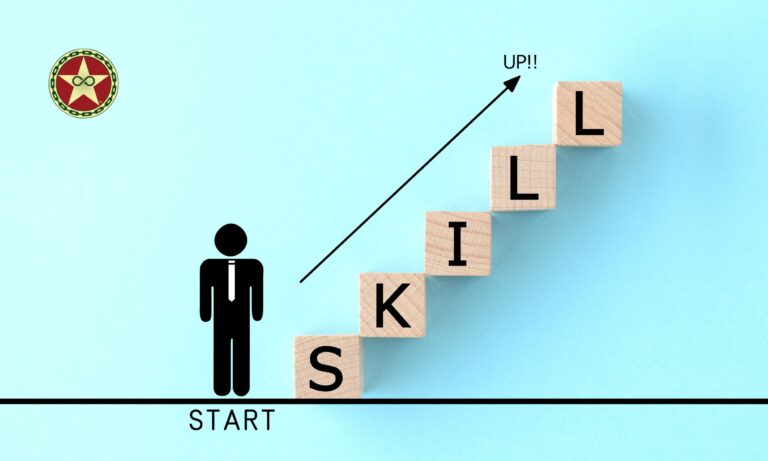Using insight and empathy to understand relationships and success is the essence of Emotional Intelligence (EI). EI is the kind of intelligence that helps people connect with others on an intimate level, understand social rules, and use that understanding to help them navigate the kinds of complex situations that come up in life. The good news is that we can all learn to be more emotionally intelligent.
EQ, which stands for emotional intelligence, is a very important skill for people to have. It helps us manage our own emotions and understand the emotions of others. It is a skill so important that psychologists and experts actually think it may be more key to a person’s chances of succeeding in life than their IQ, or intelligence quotient. Americans, despite reporting a significantly higher average income, are actually less happy than the people of a lot of other nations. Some experts think this could be due to our comparative lack of emotional intelligence.
Feeling smart depends on a person’s capacity to read not only their own personal emotions but also the emotions of others. It’s what psychologists call “emotional intelligence” or “EQ.” Everyone has some level of emotional intelligence, but it’s not something we’re necessarily born with. It consists of several skills, all of which can be learned.
The first rule of emotional intelligence is self-awareness. It encompasses the ability to recognize and understand in ourselves the kinds of emotions, strengths, weaknesses, and values that make us who we are. Emotional intelligence starts by realizing that we each have our own set of emotions that are very potent in many situations, and that these emotions can and will color our thoughts and behaviors. It goes on to teach that if we are not aware of how our emotions are affecting our thoughts and actions, then we are not capable of making that most important first step in handling a potent moment—a step that allows for the contemplation of a conscious choice and a consideration of which possible response would be most constructive.
One more reason why emotional intelligence is so essential is the capacity for individuals to regulate their emotions well. It is very hard sometimes to control one’s emotions and prevent them from running amok, but that is just what those with emotional intelligence can do. And when they do that, they are able to interact with others more effectively. People with good emotional intelligence not only control the content of their interactions with others but also control the tone and the direction of those interactions.
Another vital aspect of EI is empathy, the capacity to perceive, understand, and experience the feelings of others. Several aspects of the human condition, including the presence of mirror neurons, provide the grounding for empathy. Still, the ability to remain in resonance with the feelings of others underlies the capacity for relationship formation. Trust, rapport, and mutual understanding cannot develop and are nearly impossible to maintain in the absence of empathy. A real-life example came from a former student who shared with me that empathy builds the foundation for successful relationships and organizations, while its lack leads to breakdowns at both levels.
Social skills, which help people succeed in a wide range of social interactions and build all sorts of relationships, are a pretty big deal in EQ. If a person has strong social skills, they’re likely to be just really good at forming very desirable alliances with other people. They’re also very good at resolving conflict and working as part of the world’s most effective teams.
Boosting emotional intelligence involves several kinds of work. You gain self-awareness by regularly practicing mindfulness and reflection. You can also discover your emotional blind spots by seeking feedback from trusted sources—an exercise I regularly lead in my workshops.
You can develop a keener sense of empathy by really listening to others and then convincingly—because you’re sincere—letting them know you understand and appreciate their point of view. Finally, you can become more adept at regulating your emotions if you learn some basic stress management techniques and self-soothing strategies.
To sum up, emotional intelligence is an indispensable ability that allows people to comprehend and handle their emotions well. Furthermore, it helps individuals have better interpersonal relationships. The four components of emotional intelligence—self-awareness, self-regulation, empathy, and social skill—can be cultivated. When present in a high degree, emotional intelligence allows individuals to get along well with others. When we think of who becomes a team player and why, we are thinking of emotional intelligence. Yet people with low emotional intelligence can still get ahead and can even be very successful in our competitive society, which makes it all the more important to understand how emotional intelligence can be increased and not undermined.




